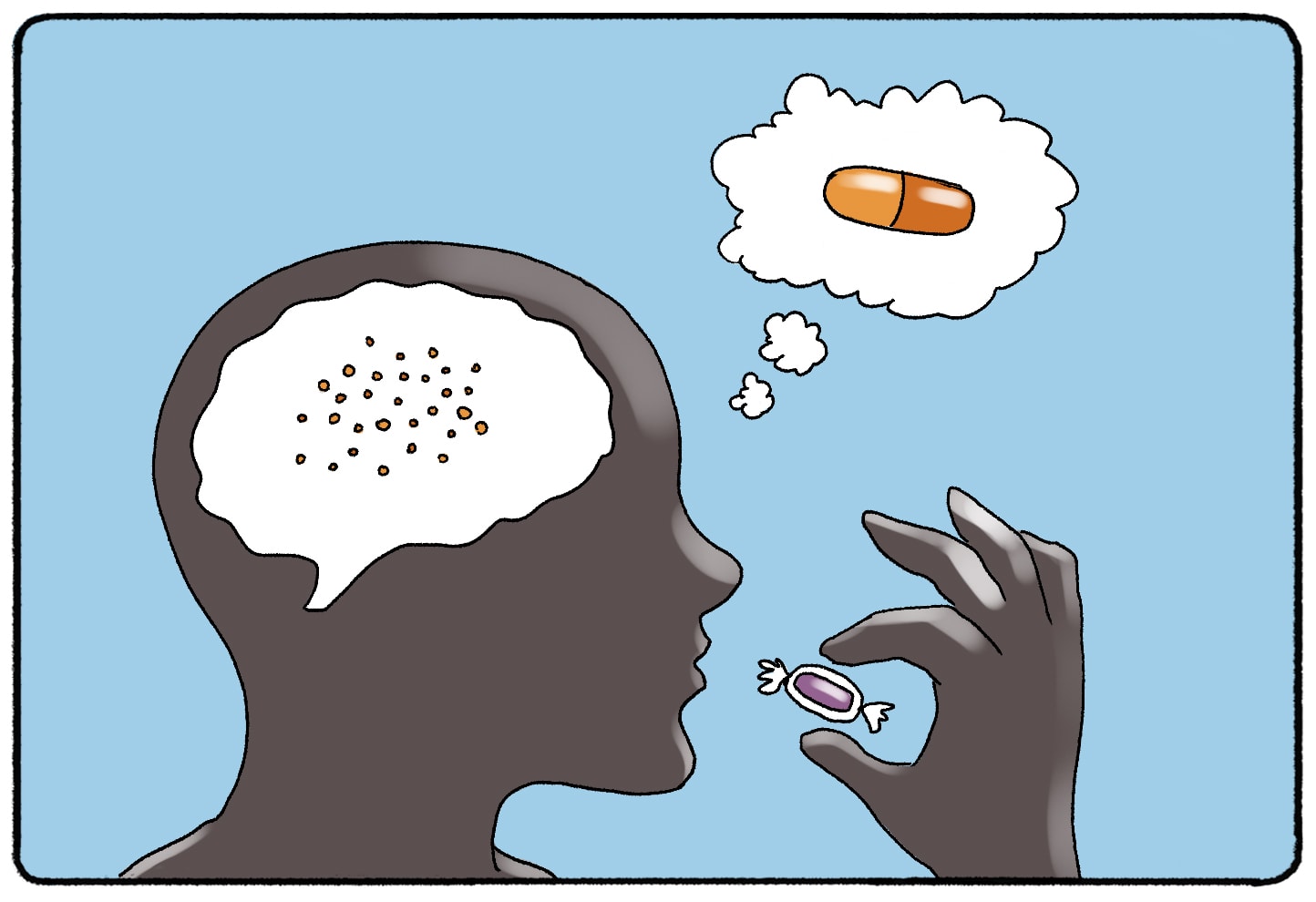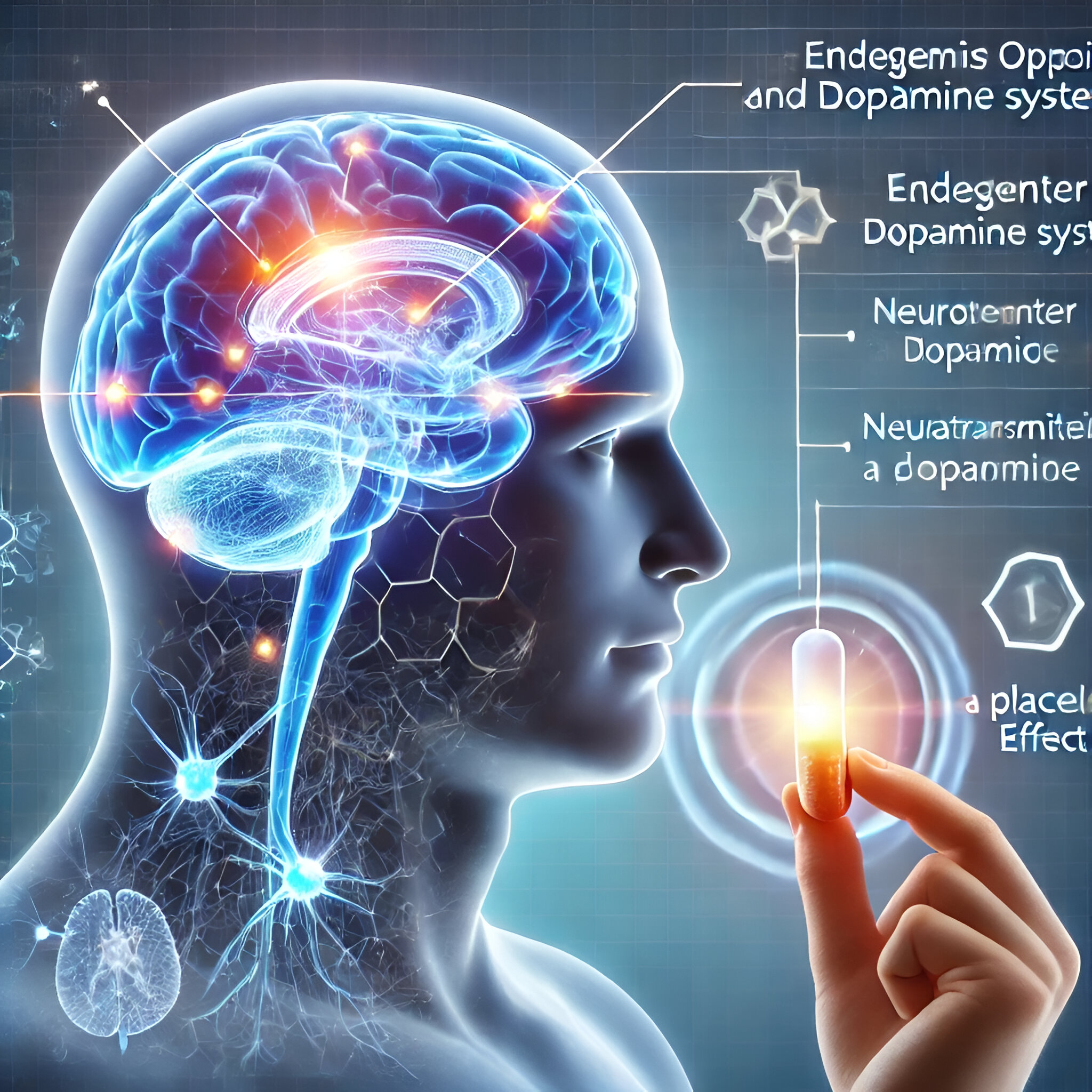Placebo is a Latin-derived word meaning "I shall please." In the fields of medicine and psychology, it refers to substances or methods that have no active pharmacological effect but create a sense of improvement due to the individual's expectations and psychological state. The placebo effect occurs when a person's belief in the treatment they are receiving leads to physiological or psychological changes.

A visual related to placebo (Created by artificial intelligence).
The concept of placebo has been present in medical practices for many years. In modern medicine, a placebo is generally defined as inactive substances applied to measure the effect of a drug being tested for efficacy in clinical research. Although placebo is accepted to have no therapeutic effect, improvements in patients' symptoms can be observed due to their beliefs and expectations regarding the treatment.
Mechanism of the Placebo Effect
Psychological, neurobiological, and physiological mechanisms play a role in the formation of the placebo effect. In particular, it is believed that the brain generates the placebo effect through its endogenous opioid and dopamine systems. Through changes in neurotransmitters in the brain, the individual feels better by believing that the treatment they have received is effective. Studies have shown that the placebo effect is particularly pronounced in conditions such as pain, depression, anxiety, and certain neurological diseases.
Placebo and Psychological Effects
Placebo is directly related to psychological processes. The individual's belief in the treatment is one of the key factors that strengthen the placebo effect. Elements such as the doctor-patient relationship, the content of information provided to the patient, and trust in the treatment process can determine the intensity of the placebo effect.

A visual representing the placebo effect (Created by artificial intelligence).
The Importance of the Placebo Effect in Clinical Applications
The placebo effect is a commonly used method in medical research. Specifically, in double-blind controlled studies aimed at evaluating the efficacy of new drugs, the experimental group receives the active drug, while the control group is given a placebo. This allows the differentiation between the true effect of the drug and the placebo effect caused by psychological expectations.
The ethical dimension of the placebo effect is also an important topic of discussion. While some studies suggest that administering a placebo to patients may be contrary to medical ethical principles, others argue that the placebo can be considered a method that helps patients feel better in certain situations.
The placebo effect is an important phenomenon that reveals the complex relationship between an individual’s psychological state and their physiological responses. In clinical research and some treatment processes, the placebo effect holds a significant place and is a topic that should be carefully addressed from both medical and ethical perspectives.


